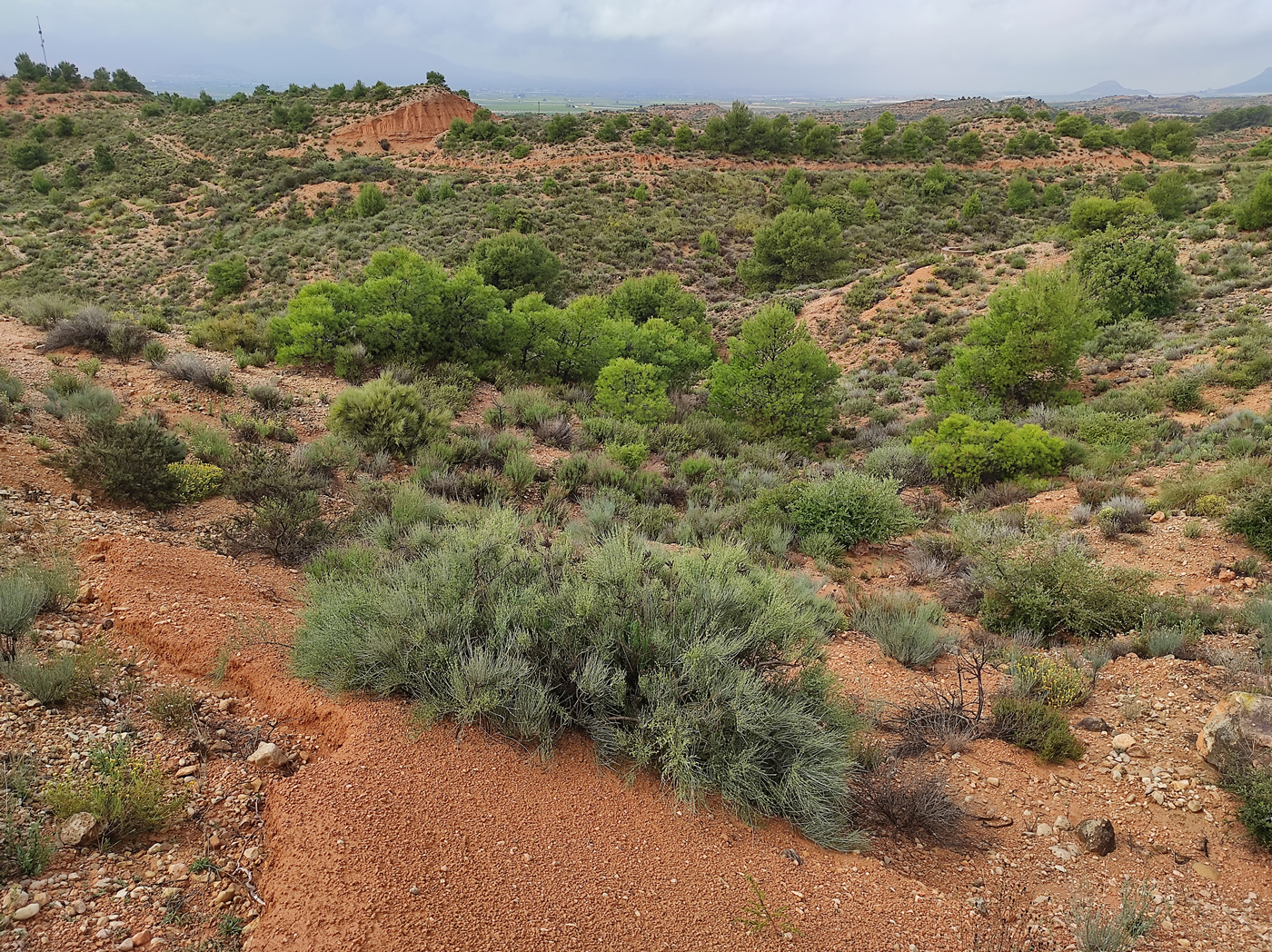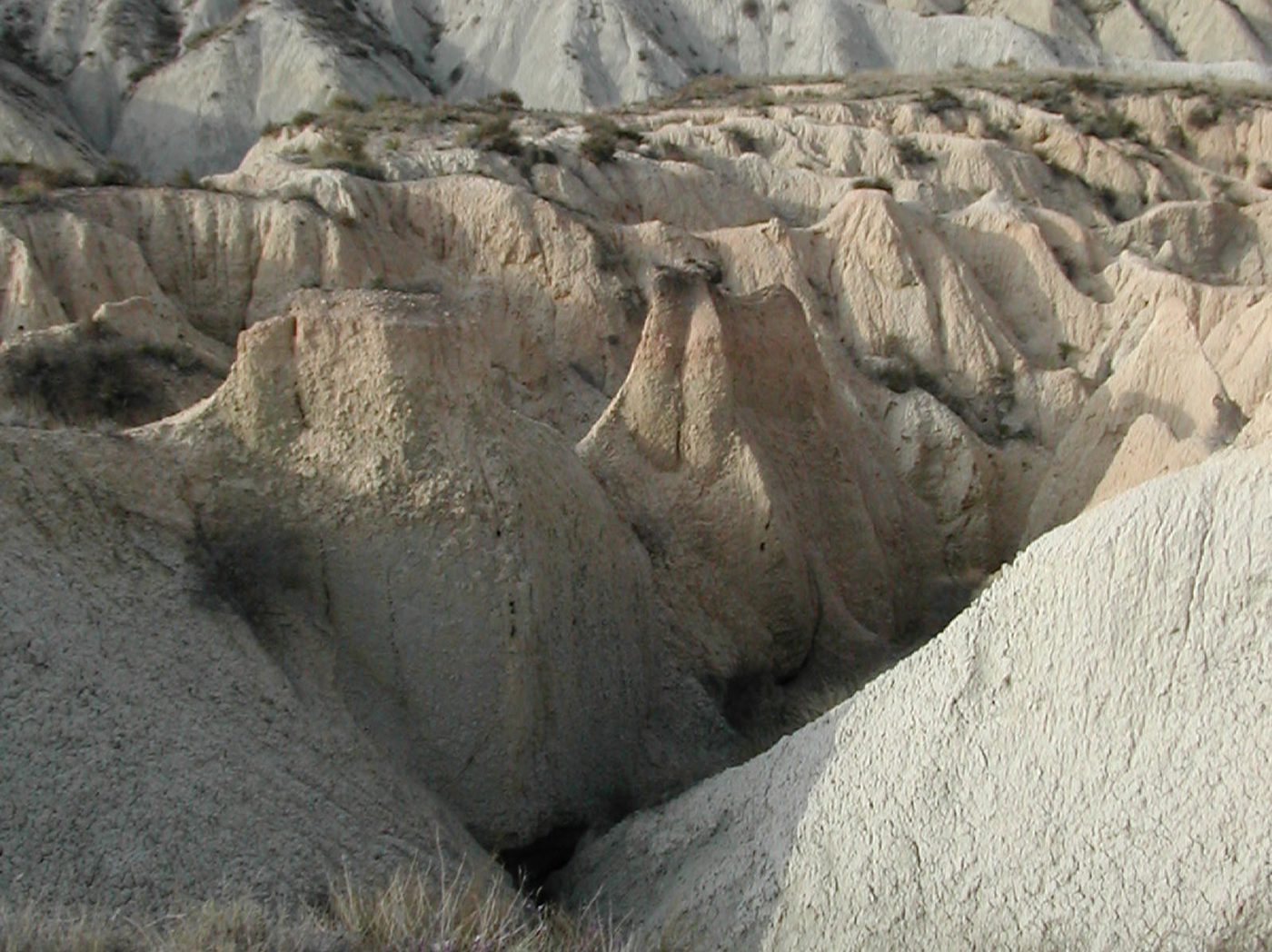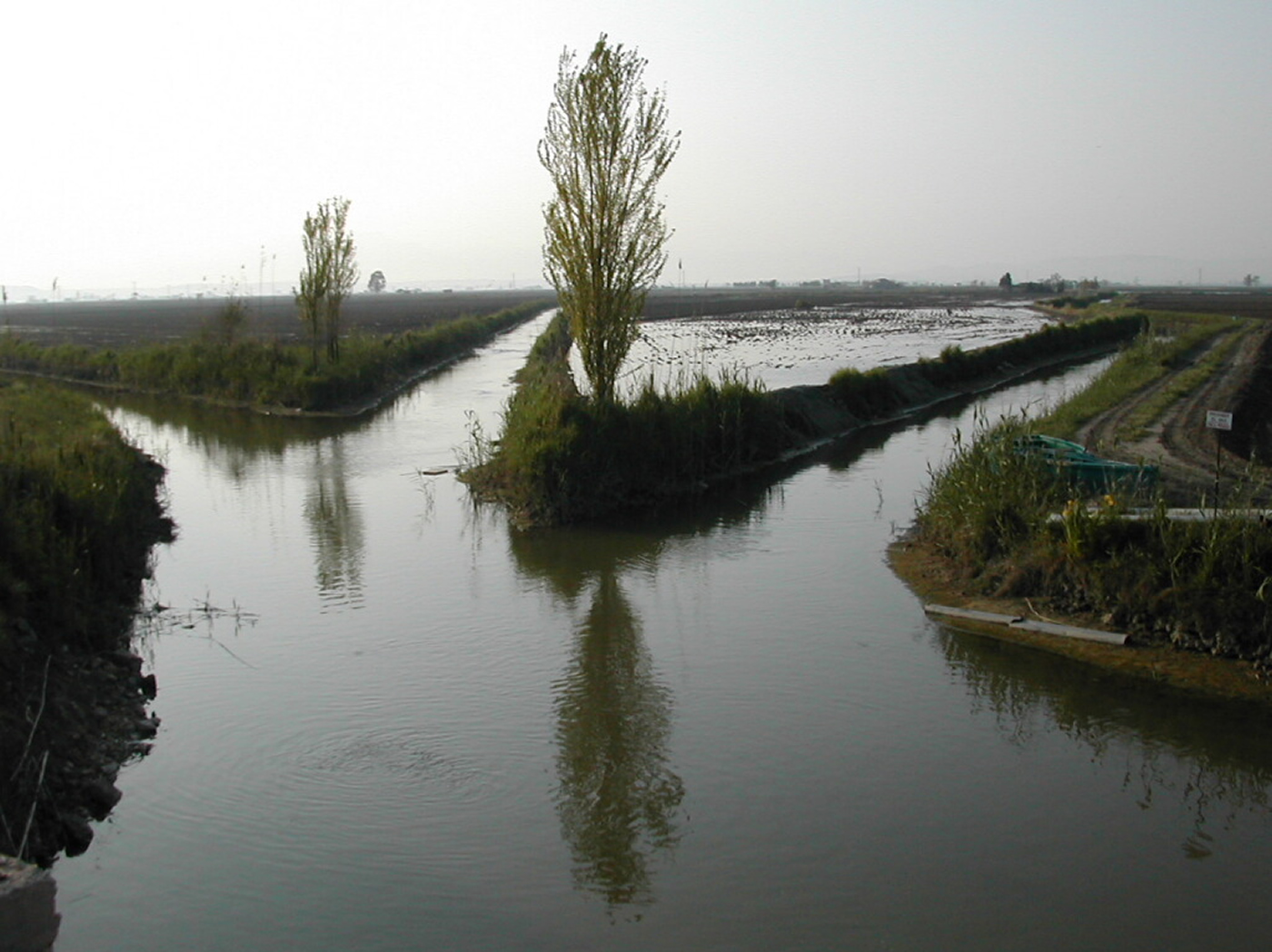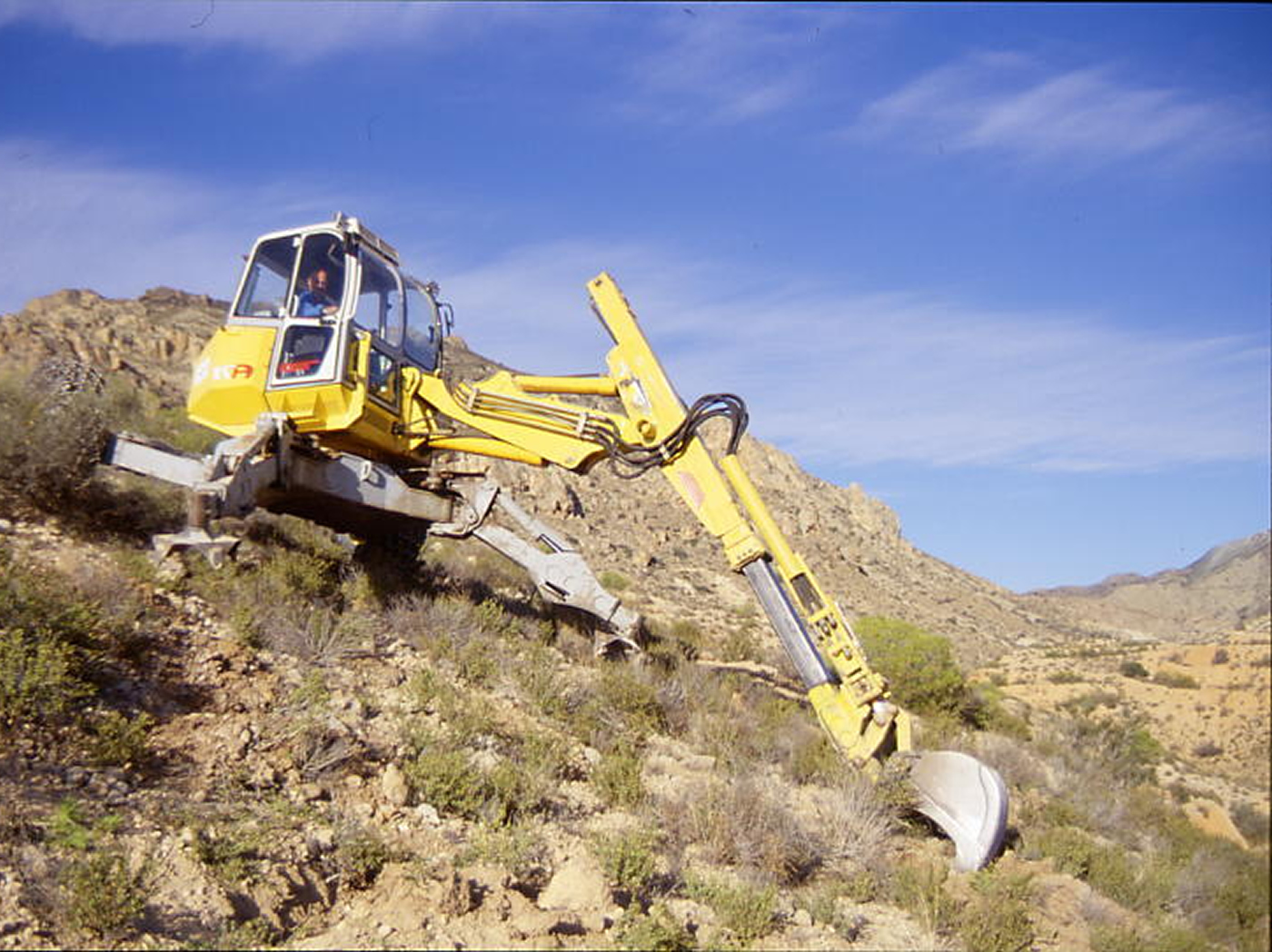



Hosted by Francisca Giménez Casalduero, University of Alicante
The Mar Menor is a hypersaline coastal lagoon sited in the Western Mediterranean Sea and is included in the RAMSAR List. It is also a Special Protection Area of Mediterranean Importance (SPAMI), a Special Protection Area for Wild Birds (SPAs) and a Site of Community Importance (SCI) integrated into the Natura 2000 Network (EU Habitats Directive).
From a socioeconomic point of view, this ecosystem has provided numerous goods and services through history but, in parallel and as a consequence of its intrinsic characteristics, different activities such as agriculture, tourism, fishing or former mining operations have converged for decades around this space. The lagoon has been affected for years by continuous inputs of water with high concentrations of nutrients from agricultural and sewage sources.
Consequently, of this massive supply of nutrients, midway through 2015, the water quality showed a radical change due to a massive proliferation of phytoplankton. The Mar Menor reached a stage of severe eutrophication that ended in an ‘‘environmental collapse’’ which resulted in 85% of seagrass meadows lost. The absence of oxygen caused a massive mortality of benthic organisms. Critically endangered of Extinction species like the bivalve Pinna nobilis suffered a drastic reduction in their populations.
Other endangered species with limited mobility such as seahorses (Hippocampus guttulatus), not only decreased their populations, but the survivors were also confined to specific areas of the shoreline lagoon. The scientific results have been clear for years and the cause-effect relationships between the pressure generated by industrial agricultural activity and the situation of the Mar Menor are irrefutable.
The ecological restoration of the Mar Menor requires five lines of action to remove the major pressures: i) reduce pollution at the farm scale at source; 2) apply nature-based solutions throughout the basin; 3) create a perimeter band to protect the Mar Menor; 4) carry out environmental adaptation of coastal infrastructures; and 5) Evaluate the environmental succession of the lagoon ecosystem for each action.
Currently there are different proposals from very different approaches coming from the different competent administrations. To recover the exosystemic, ecological values and the biodiversity of the lagoon, it is necessary to apply the framework and premises of ecological restoration, adaptive management and the integral management.
In this field trip we will (i) visit the hotspots of lagoon ecological crisis, (ii) responsible of administrations will show us the different proposals, (iii) visit initiatives of actions elimination of pressures and, finally, iv) discuss the suitability of the different proposals.
Tentative timetable
|












ALO CONGRESS- VIAJABIEN S.L.
Numancia, 73, 7º C2
08029 - Barcelona (Spain)
Phone: (+34) 933 633 954
secretary@sere2022.org
Payment and invoices
admin@sere2022.org